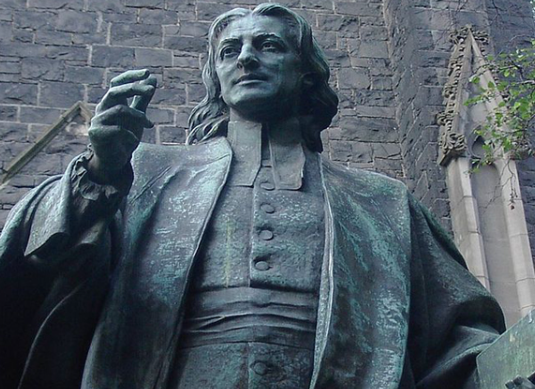How John Wesley Shaped Methodism
John Wesley, a prominent 18th-century theologian and evangelist, played a crucial role in the formation and expansion of Methodism. His innovative ideas, passion for social reform, and emphasis on personal holiness have left a lasting legacy that continues to resonate within the church and beyond. Understanding his contributions can provide valuable insights into the principles of Methodism, making it relevant for both followers and those curious about faith.
Key Innovations in Spiritual Practice
One of Wesley’s most significant contributions to Methodism was his focus on personal experience and spiritual discipline. He believed that a genuine relationship with God was not merely about adhering to doctrinal correctness but about experiencing faith in everyday life. This led to the establishment of “class meetings,” small groups where individuals could share their personal struggles and spiritual journeys. These communal gatherings fostered a sense of accountability and mutual encouragement, allowing members to grow in their faith together.
Emphasis on Social Justice
Wesley was not just concerned with individual spirituality; he also championed social justice and reform. He was heavily invested in addressing the social issues of his time, such as poverty, education, and healthcare. His advocacy for the marginalized laid the groundwork for Methodism’s commitment to social action, which remains a core principle today. By encouraging his followers to put their faith into practice through acts of compassion and charity, Wesley turned Methodism into a movement that engaged with the world and sought to effect real change.
The Legacy of Holiness and Grace
John Wesley’s theology emphasized the concepts of holiness and grace, which are foundational to Methodism. He articulated the idea that God’s grace is available to everyone, highlighting the belief that all individuals can achieve salvation through faith. This inclusivity was revolutionary during a time when access to spiritual authority was often limited. Wesley’s teachings on “Christian perfection” suggest that believers can strive for a holy life, embracing the transformative power of God’s grace. This focus on the potential for spiritual growth continues to inspire Methodists to seek a deeper relationship with God.
Conclusion
John Wesley’s influence on Methodism was profound, shaping not only its theological foundations but also its approach to community and social justice. His innovative practices and heartfelt teachings encourage a faith that is both personal and active in the world. For those looking to explore more about Wesley and Methodism, engaging with his writings or attending a local Methodist church can provide further insights into this vibrant tradition. Let’s continue the conversation about faith and community!

